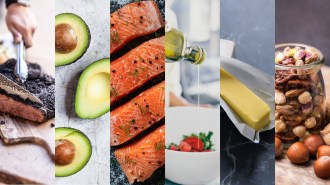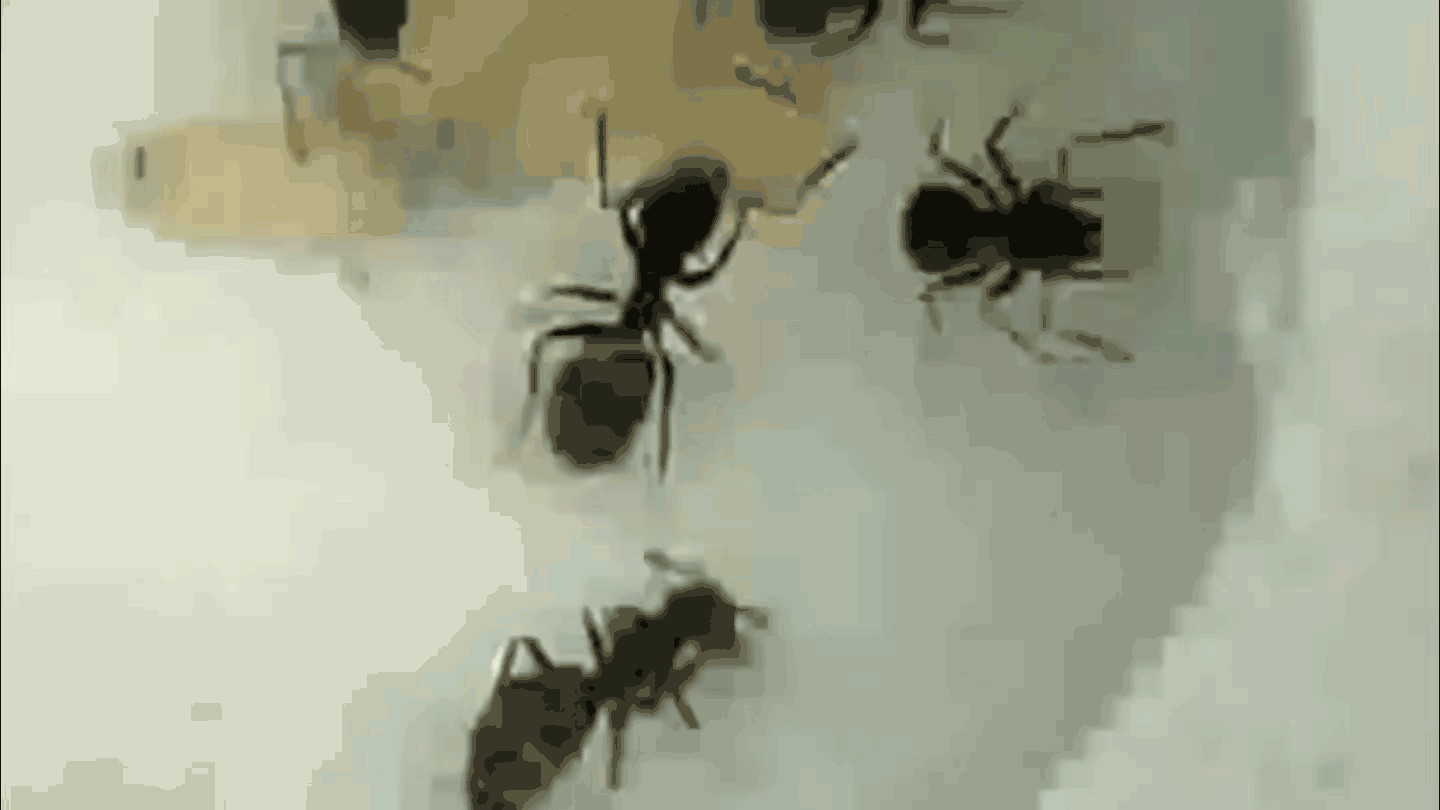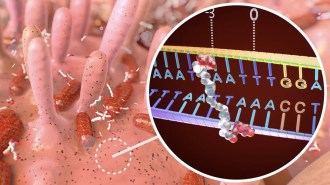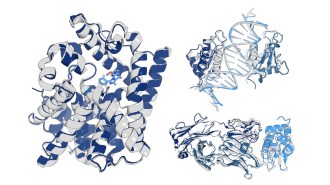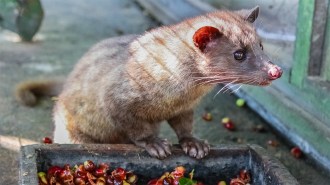- More than 2 years ago
Beer aficionados know that a good pint can start with the scent of malt and hops but, if nursed for too long, can end up stinking. Now, chemists know exactly how beer forms the compound responsible, a sulfur-containing molecule akin to the one in skunk glands.

As far back as 1875, researchers reported that light can initiate the skunky-beer smell and taste. But it wasn’t until recently that chemists Malcolm D.E. Forbes of the University of North Carolina in Chapel Hill and Denis De Keukeleire of Ghent University in Belgium decided, over a few beers, to figure out precisely how.
To trigger light-induced reactions, Forbes, De Keukeleire, and their students exposed beer to laser light. Then, using a sophisticated spectroscopy technique and computer modeling, the chemists determined exactly how hops’ light-sensitive compounds, called isohumulones, broke apart. They also teased out the structures of the resulting products, reactive compounds called free radicals. These, in turn, bond with sulfur to form the skunky molecule.
The research, reported in the Nov. 5 Chemistry–A European Journal, reveals that each isohumulone absorbs light at a five-carbon ring in its structure. The isohumulone then transfers that energy to a carbon-chain appendage that breaks off the ring as a free radical, says Forbes.
Currently, most beer is sold in green and brown bottles to prevent light-induced skunking, says Forbes. But clear glass bottles are desirable because they’re easier to recycle, and clear plastic is even less expensive than glass, he says.
There are already some ways to prevent the skunk smell in clear bottles, notes Karl J. Siebert of Cornell University. One beer, Miller Genuine Draft, is made from chemically altered hops that don’t break down into free radicals that produce the skunky scent molecule, he says. The manufacturers of Corona, on the other hand, encourage drinkers to add lime to mask any off flavor, he adds.
The new details of the skunking process might help beer producers find even better ways to prevent brew from going skunky in clear bottles, suggests Forbes, noting that De Keukeleire is applying for a patent on a skunk-retarding process.
